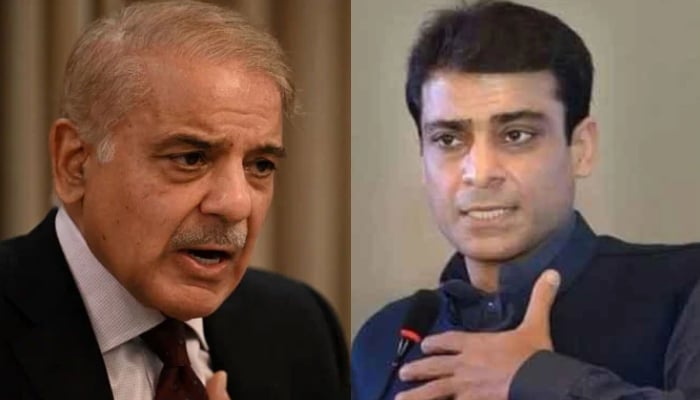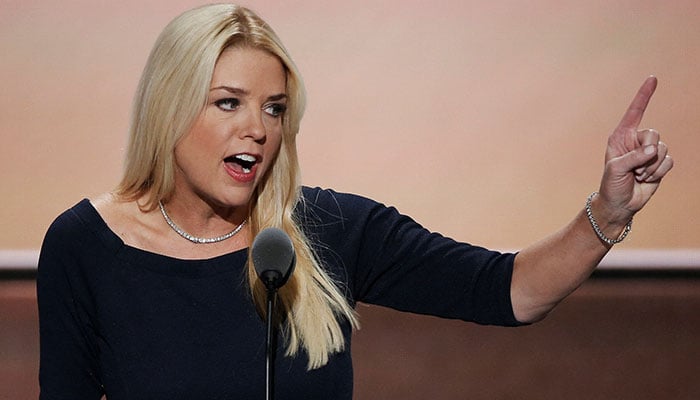

- Reference inadmissible after Supreme Court verdict, says lawyers.
- Defence counsels asked to file application for transfer of reference.
- Imran seeks acquittal from £190m case under NAB amendments.
ISLAMABAD: After incarcerated PTI founder Imran Khan sought relief under amendments to the National Accountability Ordinance 1999 recently restored by the Supreme Court, Prime Minister Shehbaz Sharif and his son Hamza Shehbaz demanded retransfer of Ramazan Sugar Mills reference to the National Accountability Bureau (NAB).
The apex court, on September 6, accepted intra-court appeals filed against the September 15, 2023, majority judgement striking down the amendments to the National Accountability Ordinance.
Approving the intra-court appeals filed by the federal and provincial governments, the top court remarked Imran could not prove that NAB amendments were unconstitutional.
During today’s hearing, the father-son duo’s counsel argued that the reference against their clients is ‘inadmissible’ after the Supreme Court’s verdict and that the “accountability court lacks jurisdiction to proceed in the case”. In response to the argument, the judge asked the lawyers to file an application for the transfer of sugar mills reference to the anti-graft body. The court added the hearing on the application will be conducted on October 1.
Meanwhile, it also accepted Hamza Shehbaz’s plea for exemption from personal appearance.
On February 18, 2019, the anti-graft crusader filed a reference against Hamza and Shehbaz, alleging that the former Punjab chief minister had misused his authority to get a 10km sludge carrier constructed in district Chiniot to facilitate Ramzan Sugar Mills, owned by his sons.
The anti-corruption bureau had alleged that the 'project' had inflicted a loss of Rs213 million to the national exchequer.
The reference was reopened in November 2023 after the amendments — introduced by the coalition government of the Pakistan Democratic Movement (PDM) — were struck down.
Earlier, Imran also sought acquittal from the £190 million case under the NAB amendments — which he had challenged.
The deposed prime minister's lawyer told the accountability court in Rawalpindi's Adiala jail that the case was no longer valid after the verdict as all the cabinet decisions are protected in NAB amendments.
NAB amendments
Under the amendments, the NAB was restricted from investigating into any graft case worth less than Rs500 million besides curtailing the accountability body’s powers to probe into a fraud case unless its victims are more than 100.
It also modified the NAB law to keep an accused in its custody for a maximum of 14 days which was later exceeded to 30 days.
Moreover, the amendments barred the anti-corruption watchdog from taking action on federal, provincial or local tax-related matters.
Additionally, regulatory bodies operating in the country were removed from the NAB purview under the amendments besides transferring the pending interrogations, investigations, and trials against individuals or financial matters to relevant institutions and courts.
The changes to the law included a reduction of the four-year term of the NAB chairman and the bureau’s prosecutor general to three years. Moreover, it also set a three-year term for the judges of the accountability courts and that courts be bound to decide a case within one year.












